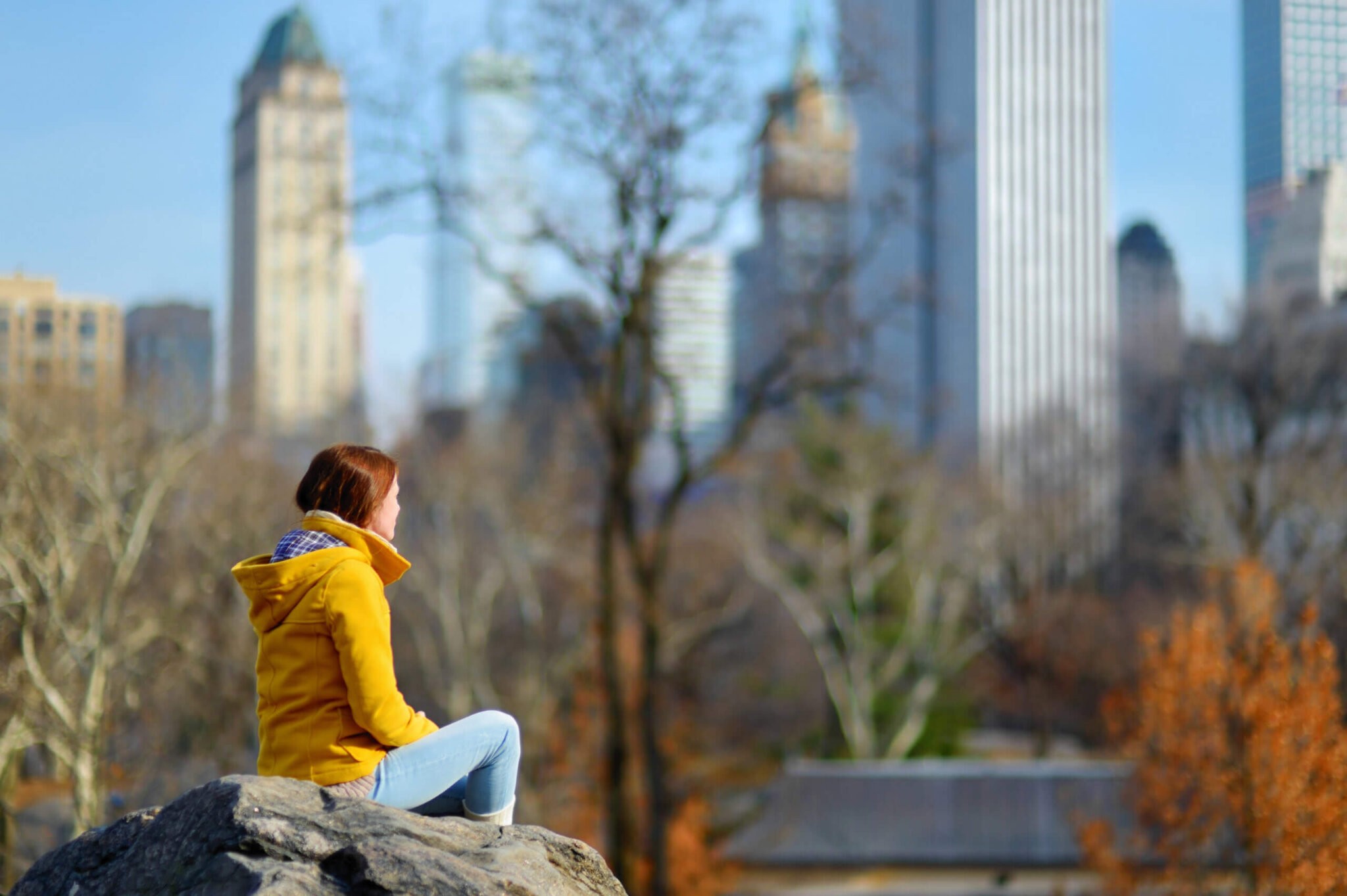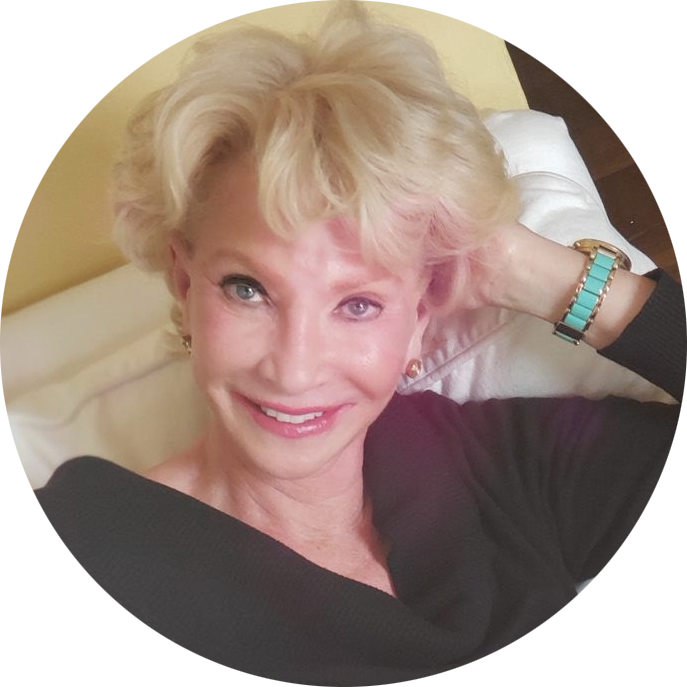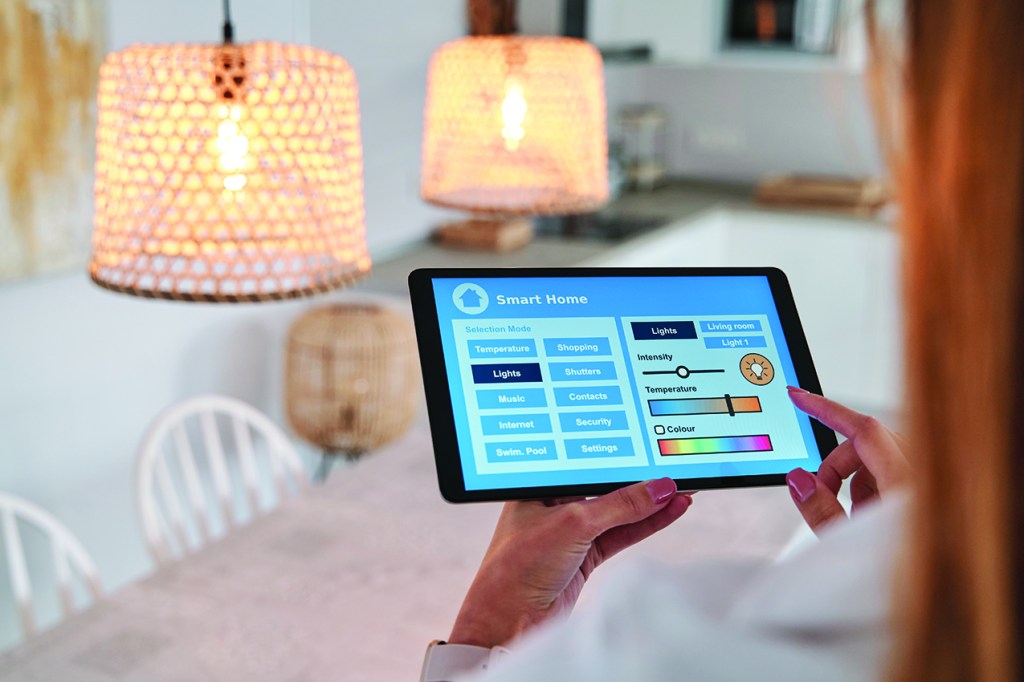Ask Beatty: How Can Americans Be Happier?

We are continually bombarded with never-ending news stories that focus on political unrest, economic inequality, the mental health and opioid crisis, substance abuse, obesity, childhood suicide rates, unemployment, increasingly destructive wars, racism, mass shootings and domestic violence. One in five adults in the United States in 2021 went without needed medical care because of costs and struggled to afford basic necessities such as clothing, housing and food.
I constantly hear from patients, friends and colleagues how stressed they are. Despite America being the richest country in the world, with an overall net worth of $145.8 trillion and a GDP of $25,46 trillion, Americans continue to struggle and suffer emotionally, psychologically and physically in unimaginable ways.
Not surprisingly, we’ve become a country that is increasingly unhappy. The years since 2010 have not been good ones for happiness and wellbeing among Americans. Happiness and life satisfaction among United States adolescents, which increased between 1991 and 2011, suddenly declined after 2012. By 2016–2017, both adults and adolescents were reporting significantly less happiness than they had in the 2000s. In addition, numerous indicators of low psychological wellbeing such as depression, suicidal ideation and self-harm increased sharply among adolescents since 2010, particularly among girls and young women. Studies find that those in iGen (born after 1995), are markedly lower in psychological wellbeing than Millennials (born 1980–1994) were at the same age.
Scientifically Proven Ways to Increase Happiness
It’s easy to get depressed dwelling on these negative findings and what’s not working. I recently began to find research on countries and societies that are doing well — where people are living longer and more happily than Americans. What are they doing? How are they living? What can we learn from them?
For the sixth year in a row, Finland is the world’s happiest country, according to World Happiness Report rankings. The Nordic country and its neighbors Denmark, Iceland, Sweden and Norway also score very well. One common theme that these countries share is the value of living a life of purpose beyond oneself.
The happiest people and countries value community support, benevolence and cooperation. Health care in Scandinavian countries is publicly financed and education is free, with no tuition fees in higher education. This ensures that everyone has access to the region’s best medical and educational facilities at no direct or minimal cost. This kinder, gentler, cooperative philosophy of living explains to a large degree why these countries and people continue to flourish emotionally and psychologically year after year.
Researcher Dan Buettner, author of The Blue Zones: 9 Lessons From People Who Live the Longest, has spent years identifying places in the world where people live uncommonly long and happy lives. These places include Okinawa, Japan, Nicoya, Costa Rica, Ikaria, Greece, Singapore, Sardinia, Italy and Loma Linda, California He has identified a common lifestyle, diet and community patterns among these people that Americans should look at and consider seriously embracing and adopting in our own lives.
Known As the Power 9, There Are 9 Evidence-Based Common Denominators That Unite Life In Blue Zones
1. MOVE NATURALLY: You don’t need a gym or fancy equipment to find the time throughout your day to walk around — to stretch — to take a break from sitting at your computer or devices.
2. PURPOSE: Do you feel that your life has meaning? Are you able to wake up most mornings and know that you have a purpose — that you are living your life in meaningful ways — over and above keeping up with the Joneses or Bezoses or the Musks. Perhaps your raison d’etre or purpose is in your role as a parent or spouse, or teacher or friend. Or maybe you have found a meaningful role as a volunteer in your community. When you know your purpose, it becomes easier to live a life that’s true to your core values. Study after study shows that you are more likely to grow old healthily when you live a purposeful life.
3. DOWNSHIFT: We need to find ways every day to destress. The challenge is identifying what exactly we need to do or not do that will help keep us calm — despite the ongoing stressors of day to day life. Meditation, gardening, listening to music, turning off all of our devices (at least for awhile), all help to keep us centered and calm. We also need to remember to stay away from people who steal our joy. Toxic relationships have devastating effects on us emotionally, psychologically and physically.
4. 80% RULE: Eat only until you’re 80% full. And try and have your main meal at lunch.
5. WINE AT 5: Blue zone residents drink alcohol regularly — in moderation — usually just one or two small glasses of wine daily in the company of family of friends.
6. PLANT SLANT: The people in the Blue Zones are not vegetarians. However, it’s beans, lentils, fava and soybeans that make up the core of their diet. Meat is eaten nor more than five times a month.
7. BELONG: Interestingly, only one of nearly 300 centenarians did not belong to a faith-based community.
8. LOVED ONES FIRST: Loved ones — including children, caring for the elderly within their own homes, families helping young couples with child-rearing and significant time spent with a life partner were priorities in their day to day living.
9. RIGHT TRIBE: Finding a community and friendships that supports a healthy lifestyle.
So there it is — the evidence based findings that the happiest countries and people embrace to maintain a sense of wellbeing. One questions remains to be answered — are we as a country and you as an individual willing to pause, reflect, pivot and redirect your energies and time to what really matters in life — namely, your family, health and community? I’m on board and hope you will get on as well!

Beatty Cohan, MSW, LCSW, AASECT is a nationally recognized psychotherapist, sex therapist, author of For Better for Worse Forever: Discover the Path to Lasting Love, columnist, national speaker, national radio and television expert guest and host of the weekly “Ask Beatty Show” on the Progressive Radio Network. She has a private practice in NYC and East Hampton. Beatty would love to hear from you. You can email your questions and comments to BeattyCohan.msw@gmail.com. For more info, go to beattycohan.com.








